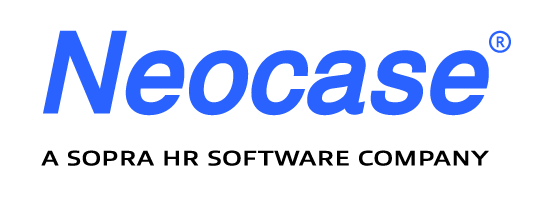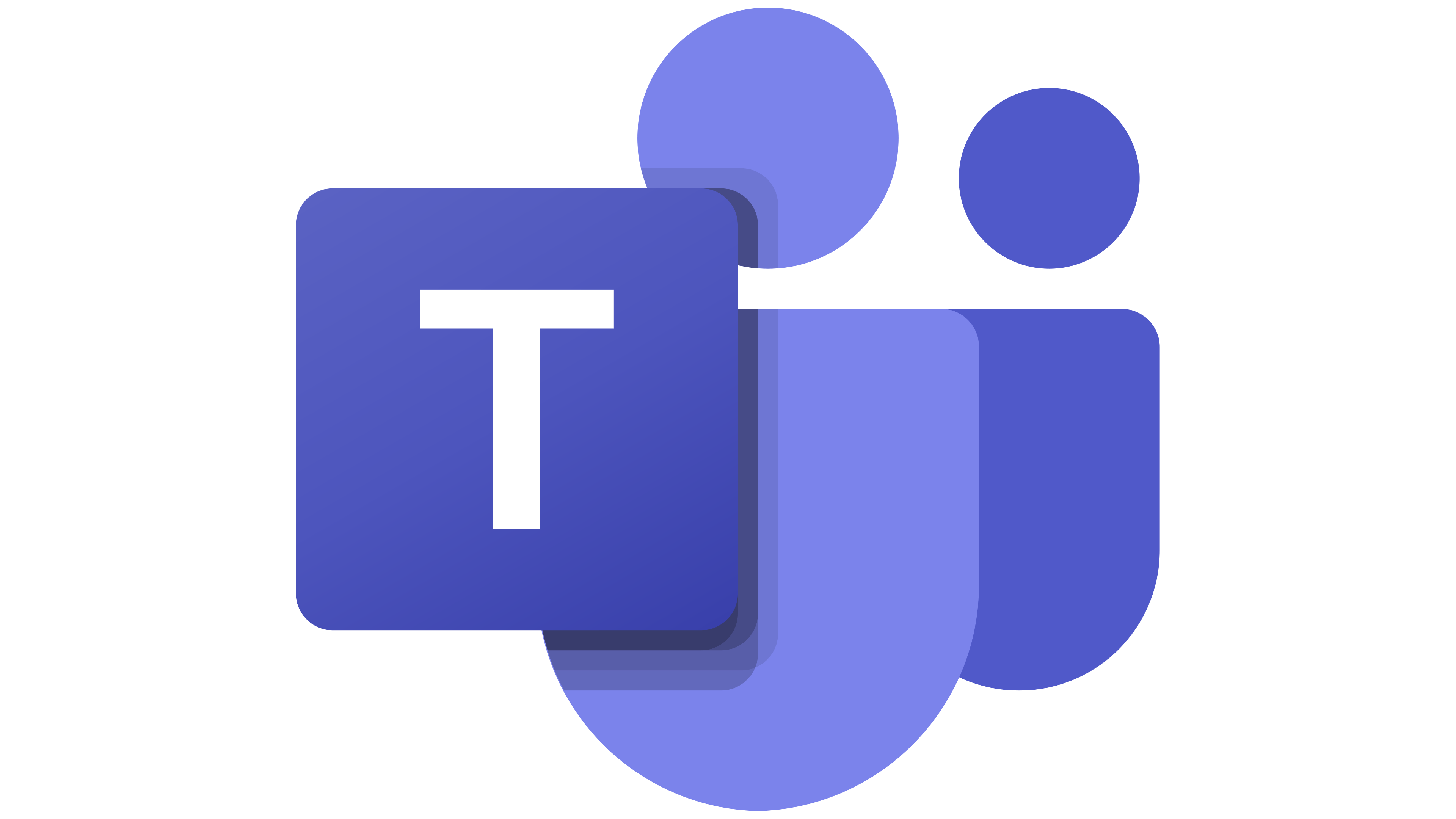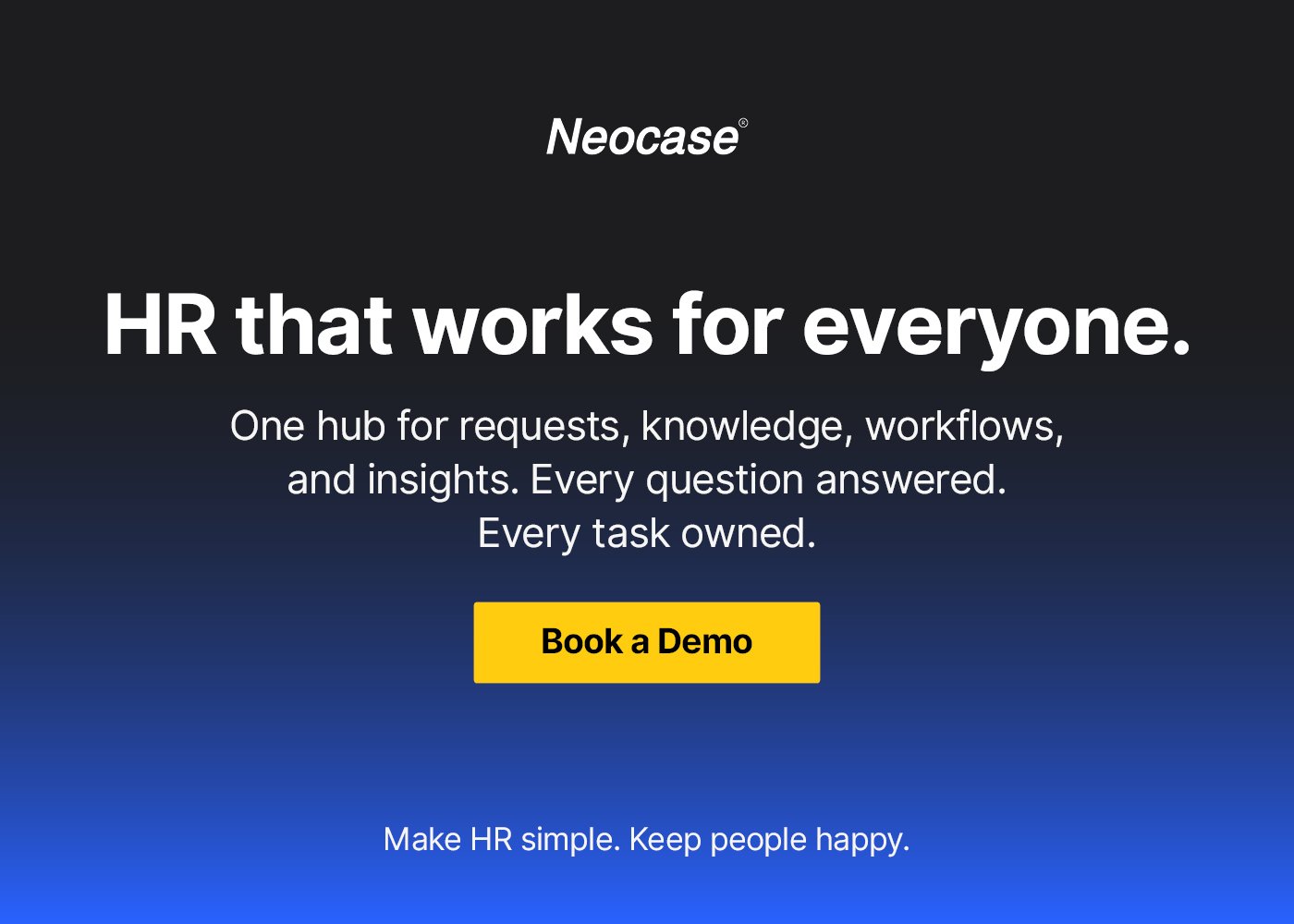In the evolving landscape of human resources (HR), the era of gut feelings and instinctive decisions is long gone. In today's data-centric world, HR teams that harness the power of people analytics experience higher business productivity, efficiency, and effectiveness. It's no longer just about hiring and retaining talent; it's about understanding and leveraging data to make informed decisions that drive organizational success. In this blog, we'll explore the top 10 HR metrics you need to steer your HR strategies towards data-driven excellence.
The Power of People Analytics
In the realm of HR, data is king. Gone are the days of relying solely on intuition to make crucial decisions in managing employees and developing an organizations culture. Utilizing people analytics empowers HR professionals to identify trends, predict future outcomes, and make proactive adjustments to their strategies. By leveraging HR metrics to help drive decisions, organizations can optimize their processes, enhance the employee experience, and ultimately achieve their business goals with higher precision.
Understanding HR Metrics
HR metrics are quantifiable measures used to track, analyze, and evaluate various aspects of the workforce. These metrics provide valuable insights into the employee experience, satisfaction, engagement, and other critical areas of HR management. From recruitment and retention to employee relations and employee-HR interactions, HR metrics cover a broad spectrum of factors that impact organizational success.
Importance and Narrative of HR Metrics
HR metrics are more than just numbers; they tell a story about the health and performance of an organization's most valuable asset: its people. By examining these metrics, HR leaders can identify patterns, pinpoint areas for improvement, and align their strategies with the overall business objectives.
Whether it's uncovering bottlenecks in the onboarding process or assessing the impact of an employee self-service centre, HR metrics offer valuable insights that drive informed decision-making.
Employee Experience and Service Delivery Metrics
- Employee Net Promoter Score (eNPS): Measures employee satisfaction and loyalty.
- Turnover Rate: Tracks the percentage of employees leaving the organization within a specific period.
- Service Level Agreements or SLA's: Gauge the performance and efficiency of HR services. It tracks key aspects like response time, resolution time, and accuracy in handling employee inquiries or requests.
- Employee Engagement Score: Assesses the level of employee involvement, enthusiasm, and commitment to their work.
Revenue-Related HR Metrics
- Revenue per Employee: Calculates the revenue generated per employee, indicating workforce productivity.
- Cost per Hire: Determines the total cost incurred to hire a new employee, including recruitment, onboarding, and training expenses.
Additional HR Metrics for Comprehensive Tracking
- Absenteeism Rate: Measures the frequency of employee absences from work, indicating potential issues with morale or workload.
- Training ROI: Evaluates the return on investment for training and development initiatives by comparing the cost of training to the resulting performance improvements.
- Promotion Rate: Tracks the percentage of internal promotions within the organization, reflecting opportunities for career advancement and employee growth.
- Diversity and Inclusion Metrics: Assess the representation of diverse groups within the workforce and the effectiveness of inclusion initiatives.
Conclusion
In the ever-changing landscape of HR management, data-driven decision-making is not just a trend; it's a necessity for success. By harnessing the power of HR metrics, organizations can gain valuable insights into their workforce, optimize their strategies, and drive business growth.
Whether it's improving employee experience, boosting revenue, or fostering diversity and inclusion, the right HR metrics pave the way for informed decisions and sustainable organizational success.

 Microsoft Teams
Microsoft Teams
 Workday
Workday

